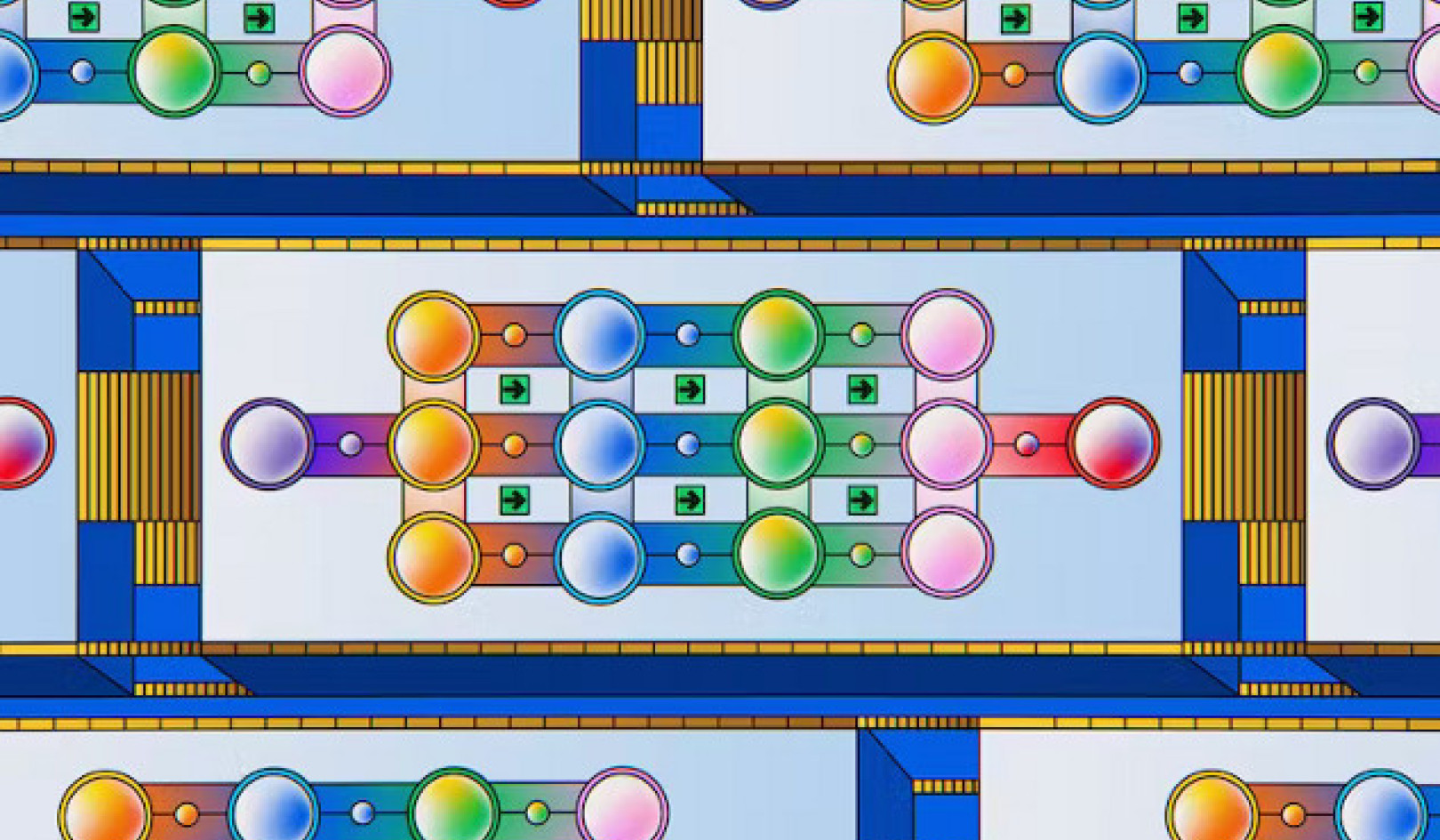
Cancers have many strategies for avoiding attacks from the immune system. And now scientists have identified a new one.
If tumor cells take in enough glucose from their immediate environments, they effectively starve T cells—key immune system cells that defend the body—of this critical nutrient and render them unable to attack.
“This finding opens up a whole new aspect of the relationship between cancers and the immune system,” says Erika Pearce, a researcher at the Max Planck Institute of Immunobiology and Epigenetics in Germany and senior author of the new study published in Cell. “If we can learn how to intercede, it could provide us with new ways to convince the immune system to fight cancer.”
Pearce notes, however, that such interventions would be unlikely to consist of simply giving tumor cells more glucose, which inadvertently would cause them to grow and multiply.
Working in mice, the researchers studied tumors known as sarcomas. They used a type of sarcoma that expresses a protein that T cells are known to recognize. Normally, when these tumors are transplanted into mice, they are recognized and rejected by T cells.
However, when scientists genetically altered the sarcomas so that they were more capable of utilizing available glucose, the tumors grew in an uncontrolled fashion. T cells still infiltrated the tumors, but with all the glucose used up, there was no fuel for them to mount an attack.
Cells of higher organisms have more than one way to make energy. Cancers long have been known to favor glycolysis, a method of making energy that uses only sugar and can occur without oxygen. Scientists have assumed this is because cancer cells can’t always get enough oxygen from the bloodstream and, consequently, turn to glucose for energy.
Glycolysis also was thought to be a more reliable way to fuel cancers’ rapid growth.
But the new study suggests glycolysis offers another advantage to cancer cells: It serves to nutritionally incapacitate T cells, preventing them from mounting an optimal immune response against tumors.
“The situation is like a tug-of-war for sugar between tumors and T cells,” says Chih-Hao Chang, the study’s first author and a research instructor at Washington University School of Medicine in St. Louis.
Glycolysis may not be the only way cancer cells avoid immune system attack, the researchers note. Tumors may successfully compete for other nutrients and metabolites that immune cells need for survival and function. Scientists need to look at this possibility to better understand how to use the immune system to fight cancer.
Source: Washington University in St. Louis
Related Book:
at

Thanks for visiting InnerSelf.com, where there are 20,000+ life-altering articles promoting "New Attitudes and New Possibilities." All articles are translated into 30+ languages. Subscribe to InnerSelf Magazine, published weekly, and Marie T Russell's Daily Inspiration. InnerSelf Magazine has been published since 1985.

Thanks for visiting InnerSelf.com, where there are 20,000+ life-altering articles promoting "New Attitudes and New Possibilities." All articles are translated into 30+ languages. Subscribe to InnerSelf Magazine, published weekly, and Marie T Russell's Daily Inspiration. InnerSelf Magazine has been published since 1985.






















